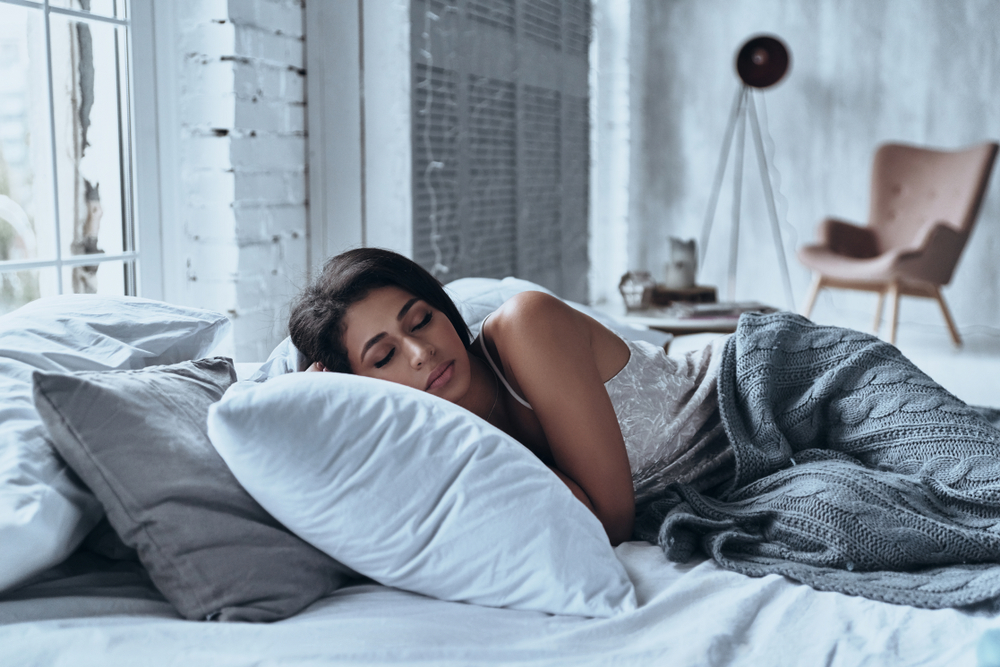Sleep & Well Being
May 2023Sleeping with Covid - long covid & night disturbance
Long covid and sleep disturbance
Long COVID is a term used to describe the lingering effects of COVID-19 that persist long after the initial infection has resolved. While the symptoms of long COVID vary widely, many people report sleep disturbances as one of the persistent symptoms.
Sleep disturbances are common in many infectious diseases, including COVID-19, and can occur due to a variety of factors such as:
- Fever
- Persistent coughing
- Shortness of breath
- Pain
- Anxiety
However, in the case of long COVID, sleep disturbances can persist for weeks or even months after the acute phase of the illness has passed. This can cause distress, especially given the lack of research on this topic. We aim to provide some support by discussing the types of sleep disorders that long covid can present so you can take your concerns to a qualified GP or medical professional. You should always consult a medical professional if you believe you are suffering from any of the issues in this sleep article.
Insomnia from long Covid
One of the most common sleep disturbances reported by people with long COVID is insomnia. Insomnia is a sleep disorder characterized by difficulty falling asleep or staying asleep. People with long COVID may experience difficulty falling asleep due to anxiety or worry about their health or other issues related to the pandemic. They may also wake up frequently during the night, experience nightmares or vivid dreams, and wake up feeling unrefreshed in the morning.
Sleep Apnoea from long Covid
Another common sleep disturbance reported by people with long COVID is sleep apnoea. Sleep apnoea is a sleep disorder that causes a person to stop breathing repeatedly during the night. It can cause loud snoring, gasping or choking during sleep, and daytime fatigue. COVID-19 can cause inflammation in the respiratory system, which can worsen sleep apnoea symptoms.
HyperSomnia from long Covid
Additionally, some people with long COVID may experience hypersomnia, which is excessive sleepiness during the day. Hypersomnia can be caused by a variety of factors, including sleep fragmentation, sleep apnoea, and depression.
It is worth noting that sleep disturbances are not unique to long COVID and can occur in many other chronic illnesses. However, the persistent nature of long COVID symptoms can make it particularly challenging for people to manage their sleep disturbances.
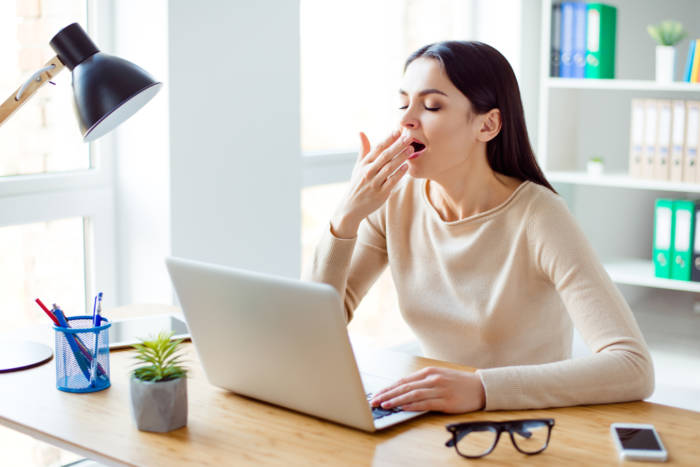
Strategies for helping sleep disturbance from Covid-19
There are several strategies that people with long COVID can use to manage their sleep disturbances. These include:
1. Sleep hygiene:
Maintaining good sleep hygiene practices can be helpful in managing insomnia. This includes going to bed and waking up at the same time every day, avoiding caffeine and alcohol before bed, and creating a relaxing bedtime routine. You can read more on sleep hygiene methods here which are a quick way to improve your sleep without spending a penny!
2. Cognitive-behavioural therapy for insomnia (CBT-I):
CBT-I is a form of talk therapy that helps people identify and change negative thought patterns and behaviours contributing to insomnia. This can help address some of the anxieties that long Covid brings, especially when it comes to bedtime when these anxieties can be heightened.
3. Continuous positive airway pressure (CPAP):
CPAP is a common treatment for sleep apnoea. It involves wearing a mask over the nose or mouth that delivers a continuous stream of air to keep the airway open during sleep. This helps breathing throughout the night and is usually used with people with extreme snoring or sleep aponea.
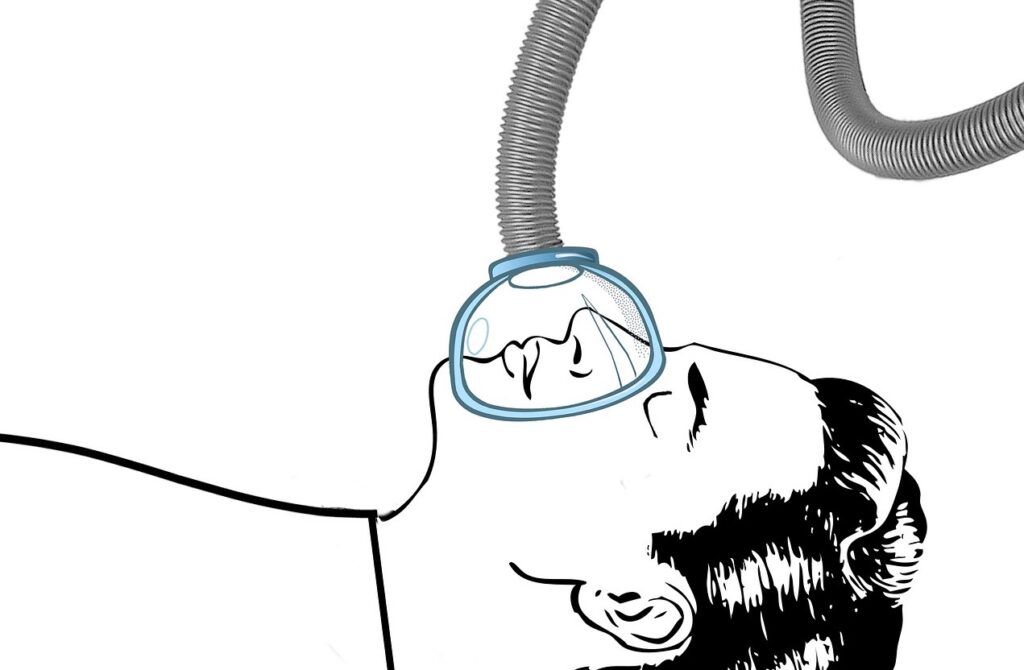
4. Sleep Medications:
There are several medications that can be used to treat insomnia, including sleep aids, antidepressants, and anti-anxiety medications. However, it is essential to work with a healthcare provider to determine the best treatment approach. Mindfulness and other relaxation techniques can be just as effective as prescribed sleeping aids, so consulting a professional for guidance is worthwhile.
What research has been conducted on long covid and sleep?
There is ongoing research examining the effects of long COVID on sleep. While much of the research is still in the early stages, there have been several studies that have shed light on the potential impact of long COVID on sleep.
One study published in the Journal of Clinical Sleep Medicine in August 2021 examined the sleep disturbances in 38 people with long COVID. The study found that 63% of participants reported difficulty falling asleep, 55% reported frequent awakenings during the night, and 71% reported feeling unrefreshed in the morning. The study also found that people with long COVID who reported more severe symptoms of the illness were more likely to experience sleep disturbances.

Another study published in the journal Sleep in February 2021 examined the prevalence of sleep disorders in 100 people who had recovered from COVID-19. The study found that 37% of participants had symptoms consistent with insomnia, and 31% had symptoms consistent with obstructive sleep apnoea.
In addition to these studies, there is ongoing research examining the potential mechanisms underlying the link between long COVID and sleep disturbances. One study published in the journal Brain, Behaviour, and Immunity in March 2021 suggested that the immune response to COVID-19 may play a role in the development of sleep disturbances. The study found that people with COVID-19 had increased levels of cytokines, which are signalling molecules that play a role in the immune response, and that higher levels of cytokines were associated with worse sleep quality.
Another study published in the journal Sleep Medicine in May 2021 suggested that COVID-19 may affect the function of the hypothalamus, a region of the brain that plays a key role in regulating sleep. The study found that people with COVID-19 had reduced activity in the hypothalamus, which could contribute to the development of sleep disturbances.
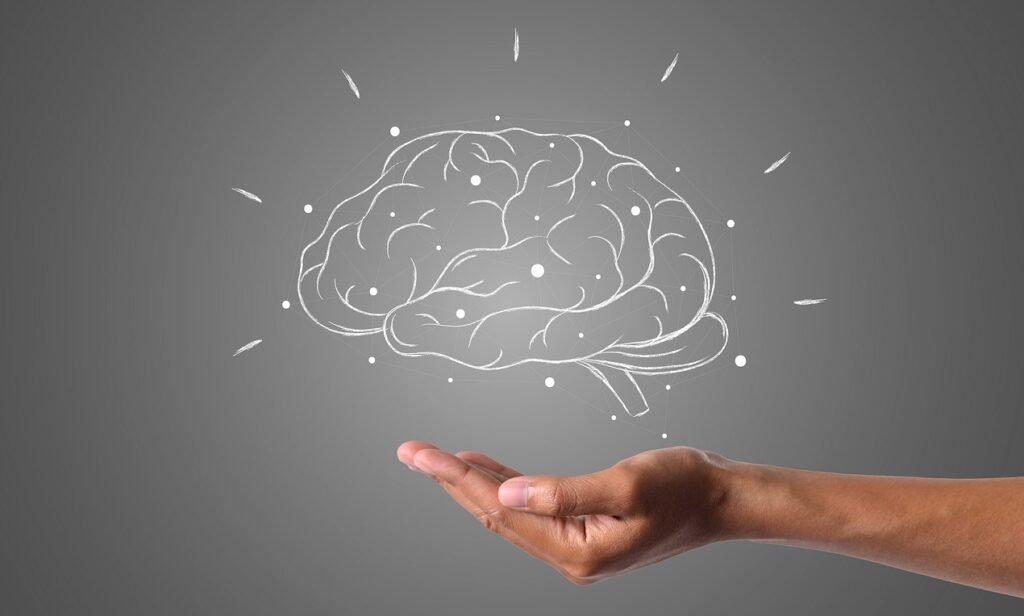
While more research is needed to fully understand the effects of long COVID on sleep, these studies suggest that sleep disturbances are a common symptom of the illness. If you are experiencing sleep disturbances as a result of long COVID, it is important to speak with your healthcare provider to determine the best treatment approach.
Summary
In conclusion, long COVID can have a significant impact on sleep. Insomnia, sleep apnoea, and hypersomnia are common sleep disturbances reported by people with long COVID. However, there are several strategies that can be used to manage these sleep disturbances, including sleep hygiene, CBT-I, CPAP, and medications. If you are experiencing sleep disturbances as a result of long COVID, it is important to speak with your healthcare provider to determine the best treatment approach.
Have you been affected by this? Get in touch and tell us how. Why not give our small expert team a call for free advice on 0161 437 4419.
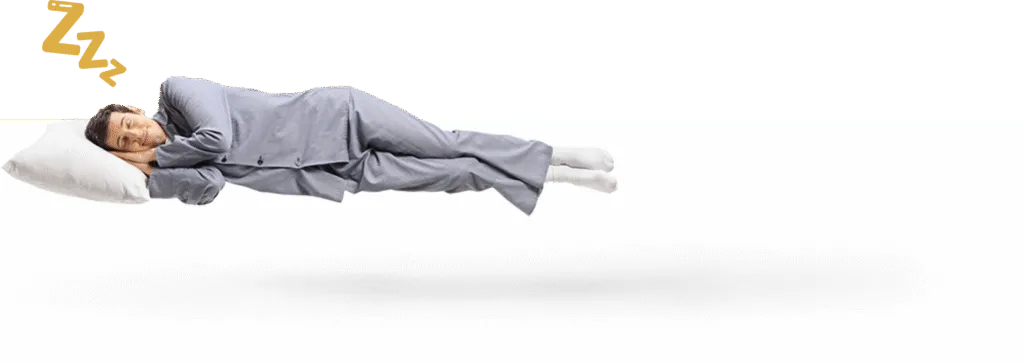
Dreaming of the perfect nights sleep?
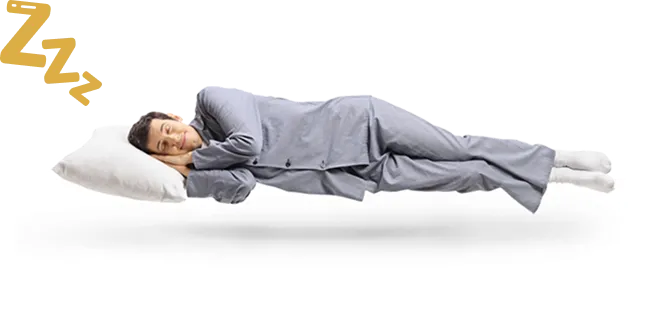
Ask us a question
There are over 6000 questions and answers submitted by you on all questions about mattresses and bed problems. Enter a keyword such as Vi Spring, John Lewis beds, bad back or Memory Foam and see if your question has already been answered.
If you can’t find an answer in knowledge hub, ask a new question. We aim to respond to all questions within one working day.
Newsletter
Enter your email to join our newsletter. We’ll send you occasional news and mattress expertise.

